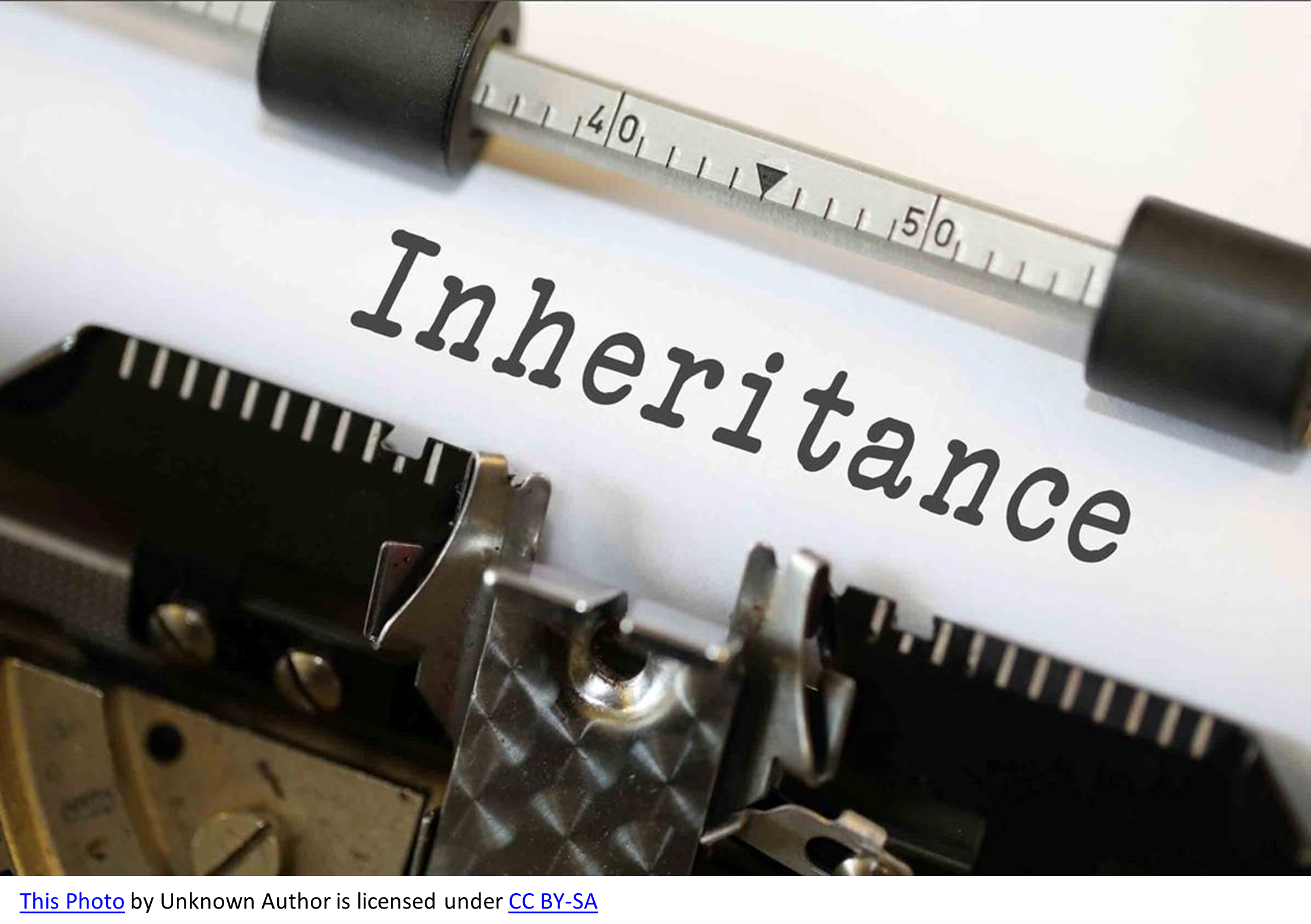A recent decision by the Full Federal Court around a man’s tragic death by suicide clarified the standing of a de facto spouse in the
context of a non- lapsing death benefit nomination on a life insurance policy made by the deceased person.
Death Benefit Nominations
Just prior to C’s death in September 2019 the death benefit under his insurance policy was valued at $1.1 million, with the
death benefit nomination in favour of his de facto spouse, N, having been made in December 2018.
On the night of his death, C sent a text message to his sister, purporting to be his last will and testament and indicating his wish that
all his assets should pass to his family, with N receiving nothing. The text was not copied to N and it was later established that it was
sent while C was under the influence of cocaine and alcohol.
The trustee of the policy took the view that the de facto relationship had continued right up to the time of C’s death and that N was
therefore entitled to the death benefit. This decision was challenged by C’s family before the Australian Financial Complaints Authority
(AFCA), arguing the text was evidence that the relationship between C and N had ended before C’s death. However, AFCA decided that
relationships have their ups and downs and people say and write a lot of things they don’t mean all the time. This meant the trustee was
right, the relationship remained ongoing just prior to C’s death and N was entitled to receive the death benefit.
The family then appealed to the Federal Court, where a single judge ruled that AFCA had erred in law in not construing the text message as
proof that that C’s relationship with N had come to an end, meaning that N was not a valid beneficiary after all.
Impact of AFCA's Decision
Finally (one would think), N appealed to the Full Federal Court, which held unanimously that in the absence of communication
from C to N, there needed to be some other course of conduct, such as a refusal to cohabitate, which would clearly be inconsistent with a
continuation of the relationship. Since there was no evidence about such conduct, the Full Court ruled in favour of N. The decision by AFCA
was therefore upheld.
This case, with its own peculiar facts, highlights the importance of keeping things like binding death benefits nominations up to date and
being clear about spousal relationships, especially when couples live apart.
We are here to help
In complex situations like these, having the guidance of a tax professional is essential to ensure a favorable outcome. If you need
assistance or have any concerns about your own circumstances, please reach out to us. We’re here to help.



